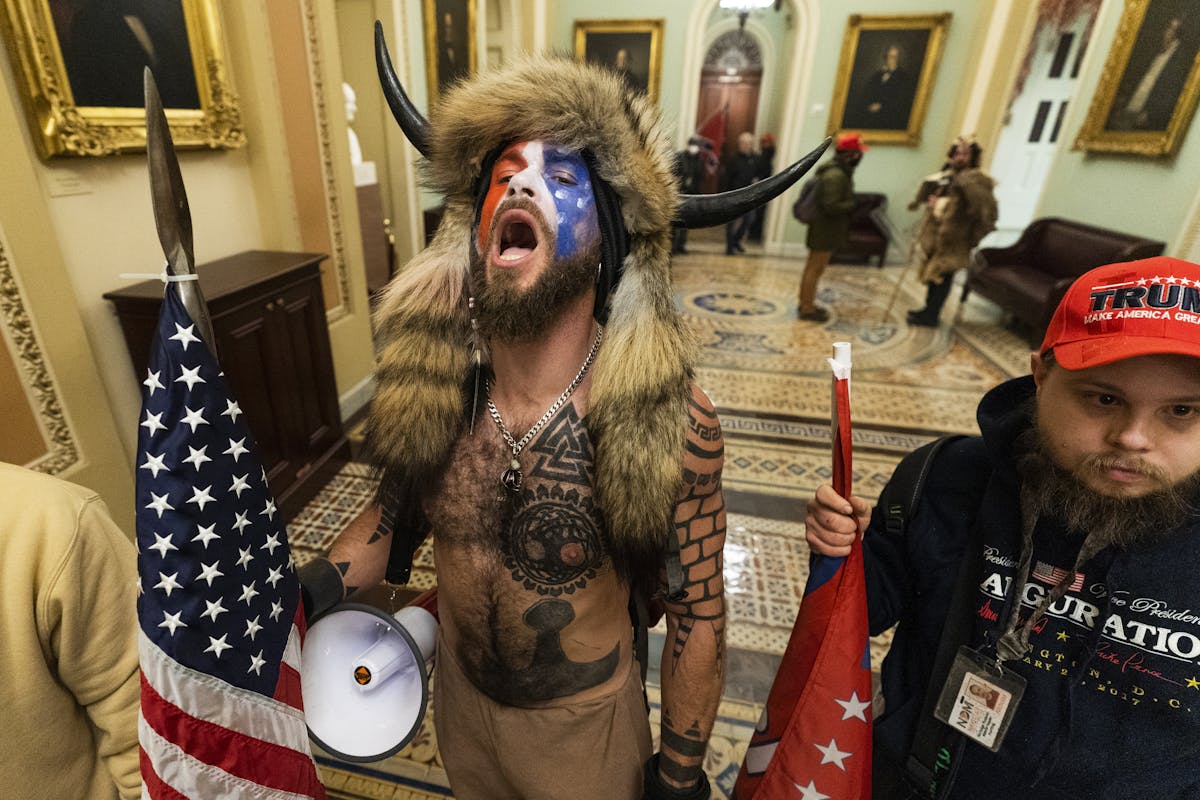
Fani Willis Comes Under Fire as Georgia’s GOP Lawmakers Plan Sweeping Restrictions Following Her Failed Prosecution of Trump
By A.R. HOFFMAN
|The court leaves open the possibility that the 45th president could be knocked off the general election ballot in November. Parallel cases are being heard in other states, including Colorado.


By A.R. HOFFMAN
|
By LUKE FUNK
|
By NOVI ZHUKOVSKY
|
By BRADLEY CORTRIGHT
|
By LUKE FUNK
|
By DONALD KIRK
|
By BRADLEY CORTRIGHT
|
By BERNARD-HENRI LÉVY
|Already have a subscription? Sign in to continue reading
$0.01/day for 60 days
Cancel anytime
By continuing you agree to our Privacy Policy and Terms of Service.